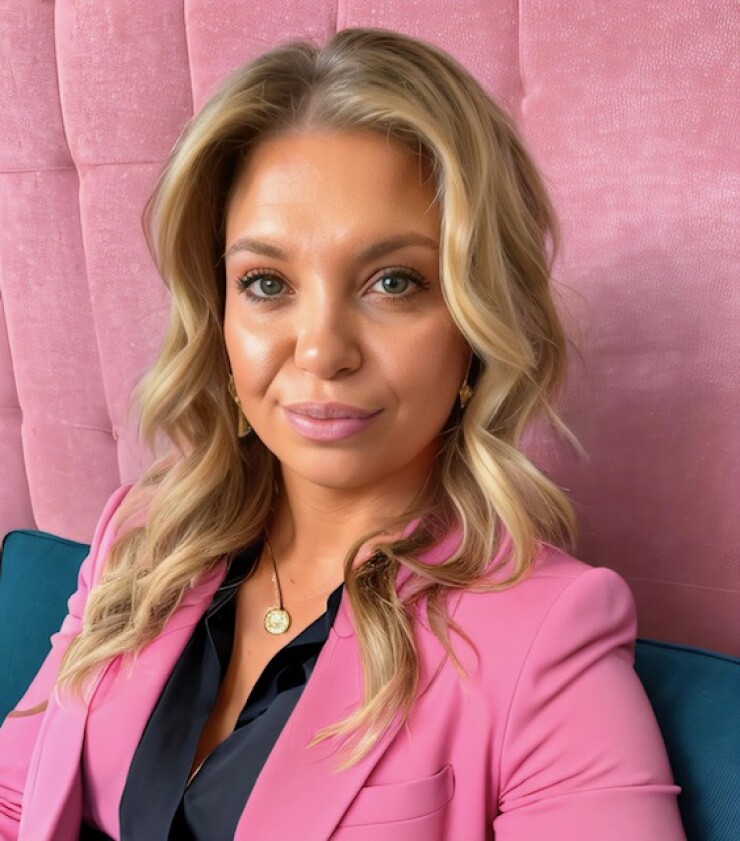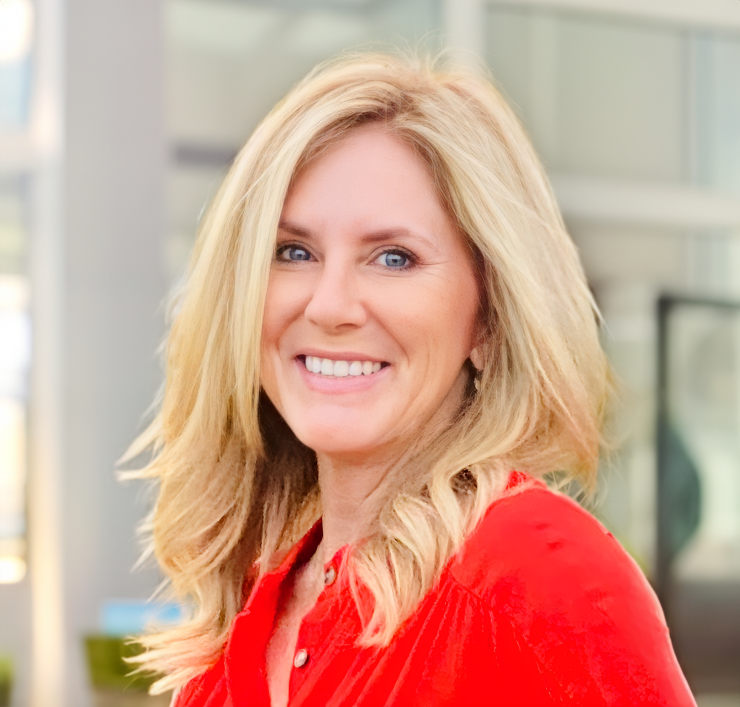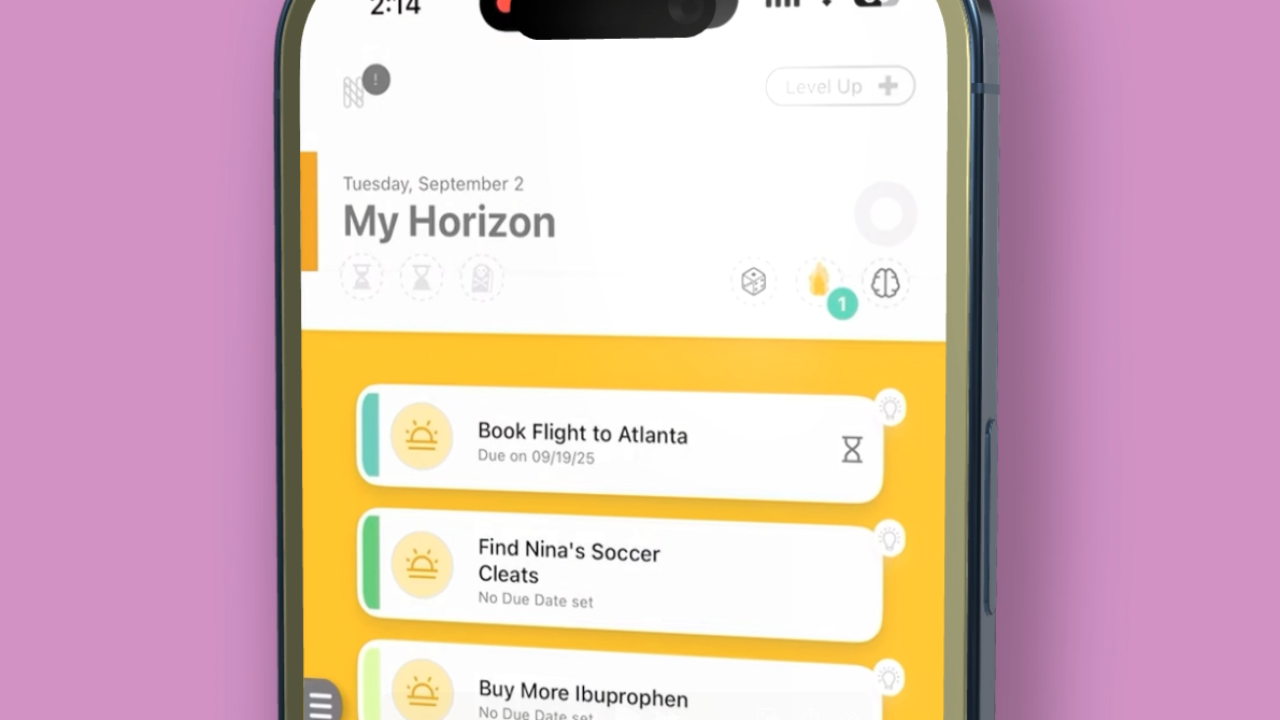Part 3 in a multipart series about how benefit leaders and advisers managed grief and loss. Read
Allison De Paoli was sleeping about eight to 10 hours a night, but the founder of Altique Consulting couldn't figure out why
Knowing this connection helped when returning to work from bereavement leave. "People understand that everybody is a person and things are going to impact your life," she says. "I think that if we could just communicate that, then we would be better off." De Paoli was part of an emotional panel discussion about elderly parents at a recent industry conference where it was visibly evident that the topic struck a nerve with attendees.

About two weeks after her sister unexpectedly passed away at age 27, Healthee AVP of Broker Partnerships Amanda Volner was so broken from grief that she faced her own healthcare event: An eight-millimeter kidney stone, which required not one but two surgeries. "It was just terrifying," she says, noting how she was still mired in crisis-management mode without an opportunity to
When that death finally sank in, she was not only tempted to drink alcohol after
Read more:
Thankfully, her boss at that time was incredibly supportive, urging her to activate the automated out-of-office message on her email, take as much time as she needed and not feel any pressure to return. "I was out of work for about three weeks, which is not a typical bereavement leave," she says. "He and my team checked on me every day, and I was really sinking into deep depression."
From a grieving standpoint, K2 Strategic Founder Kristine Scheer says it's important to be an advocate for oneself. "You have to be really comfortable with being vulnerable and allowing yourself to take the time when the waves of grief come," she says. "I highly encourage people to talk to others who've been through it, or if you're comfortable, openly share how you're feeling and how it's impacting your ability to do whatever it is you're doing in your daily life."
Read more:

Scheer was in a fog for a few months but didn't allow herself to feel guilty about it. "I've said to my clients or colleagues, 'I'm just not myself right now,'" she recalls. "'So, I'm going to step away from this. I need the rest of the day. I'm going to take an early weekend. I need to go sit with this and come back to the work when I'm able to be present and be a good steward to the work at that point.'"
In advocating for
"My sister felt very much like a child to me," she explains. "I'm almost 43 years old and she was 27. I could have been her mother, and that's what it felt like to me." In this sense, she says it's not just about designing the right benefits package. It's also about helping shape a caring culture.
Part 1:
Part 2:






